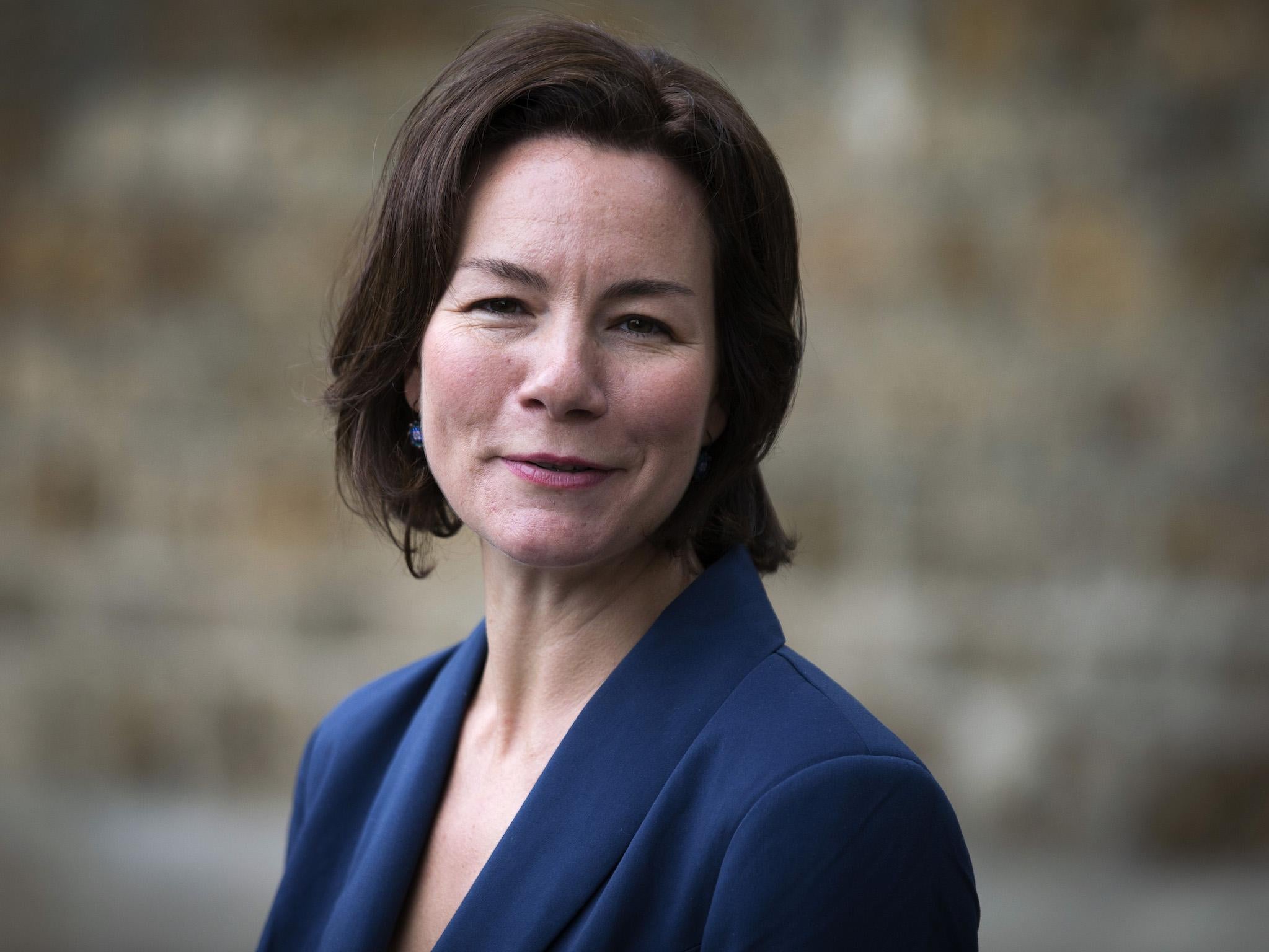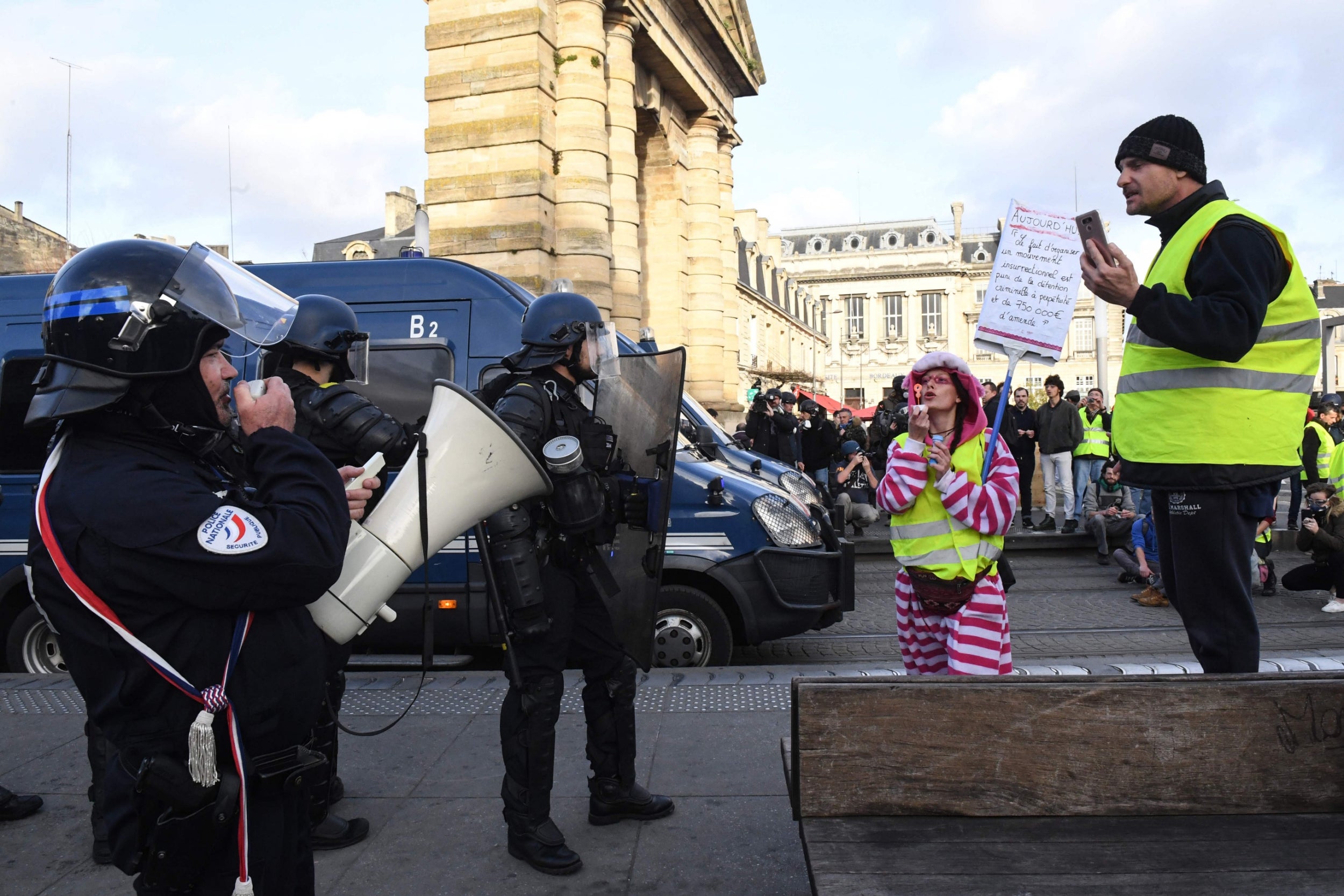The democratic experiment that could solve France’s yellow vest crisis
Citizens deciding on local budgets could address the increasing disconnection between elected representatives and those who voted for them

When Anne Hidalgo became the mayor of Paris in 2014, she had a bold idea: let citizens decide what to do with the city budget.
“I trust the Parisians,” she said. “This town they know better than anyone, I want them to help us construct it and make it grow.”
Paris is in its fifth year of allowing citizens to propose and vote on projects to fund from 5 per cent of the annual city budget, or €100 million euros. The projects have ranged from cycle ways, to community gardens, to health services for the city’s homeless.
Now politicians are wondering if participatory budgeting could address the French crisis of protests in peripheral towns that have missed out on the economic growth of the capital, a movement known as the gilets jaunes, or yellow vests. Many people feel increasingly disconnected from their elected representatives and are looking for ways to have their voices heard. In response, president Emmanuel Macron has launched a grand debat, a national debate, asking communities to put forward ideas for how to make France a better place to live.
“The current context in France means we need [participatory budgeting] now more than ever with the grand debat,” Pauline Veron, the deputy mayor of Paris, told civil society organisations and technologists attending an annual Impacts of Civic Technology conference in Paris in March.
The grand debat has included a cahier de doleances, a complaints book where people can write down what they want to change at a local level and local consultations with hundreds of citizens randomly selected by the French government. Paula Forteza, a French politician elected to the National Assembly in 2017 said that social media provided a forum for ministers and very young people to come together to debate. The city is now organising hackathons to analyse the data that has been gathered. Forteza said: “During these two months it was a real laboratory and we will be able to draw interesting conclusions from what happens.”
Participatory budgeting began in the Brazilian city of Porto Alegre. In 1989, the democratically elected Workers’ Party invented a decision-making process to allow citizens to decide how a portion of the city’s budget would be spent. The process helped citizens lobby for better sewers, higher health and education budgets and more schools and roads. At the time, many people in Brazil were living in favelas and participatory budgeting was seen as a movement towards social justice.

Since then, there have been around 7,000 global iterations of participatory budgeting. The practice has become so widespread that the quality of democratic engagement with citizens varies enormously.
In Seoul, South Korea, around a third of the municipal budget is allocated through participatory budgeting. The city has a “budget school” where citizens who want to sit on budgeting committees attend a programme to learn how the system works. While 2,000 people go through the programme every year, only 250 people are promoted to the prestigious position of delegate.
In New York City, almost 100,000 residents aged 11 and older develop spending proposals for community improvement works, spending a total of $37m in 2018. The city has developed an app using open data so that citizens can see what projects have been proposed on any given day.
In Paris, the system was designed to work online and offline, for those without access to technology. After projects were submitted, citizens could vote on what to fund online and using 200 ballot boxes that appeared in public places such as swimming pools, parks and schools. In 2016, the city introduced participatory budgeting for low income neighbourhoods worth €30m.
In 2018, more than 120,000 Paris citizens voted for projects including improvements to colleges, street crossings for busy intersections and improvements to existing public services like pools and parks. The practice has also spread to some other French cities, with 25 out of 36,000 French cities adopting participatory budgeting in wider France.
Critics say participatory budgeting does nothing to address the root causes of inequality that fuel unrest. “It’s mostly community gardens and bike lanes,” says Gil Pradeau, a researcher in participatory budgeting at the University of Westminster in London. Pradeau gives the example of the cycle routes in Paris. So many people have demanded cycle routes for the city through participatory budgeting that it has put a cap on how much money can be spent on the issue. He compares the €150m Paris city budget for cycling between 2015 and 2020 with the £214m annual budget dedicated to cycling by Sadiq Khan, the mayor of London: “The people never got a chance to say how much money would be spent.”
Pradeau describes participatory budgeting as the Trojan Horse of austerity measures: “Paris is a special case, but other cities in France have used it to give people a say in public services while making cuts in other areas. You had this in the UK with the big society.” He points out that no strategic planning is done through participatory budgeting and that to give citizens true control over the budget, cities need to talk about the way taxes are collected, not just about how money is spent.
The grand debat could be the catalyst for further change. Politicians say the success of participatory budgeting at a local level has led to discussions about how it can be used at a national level and how it can be used to give people a say in taxes and budgets.
Forteza said that in two years of working in civic tech she has sometimes struggled to make the subject a priority for the government – until now. “Now, civic tech is being talked about in the national media,” she says. “Society is asking for this and is mature enough to take a step further.”
Join our commenting forum
Join thought-provoking conversations, follow other Independent readers and see their replies
Comments
Bookmark popover
Removed from bookmarks